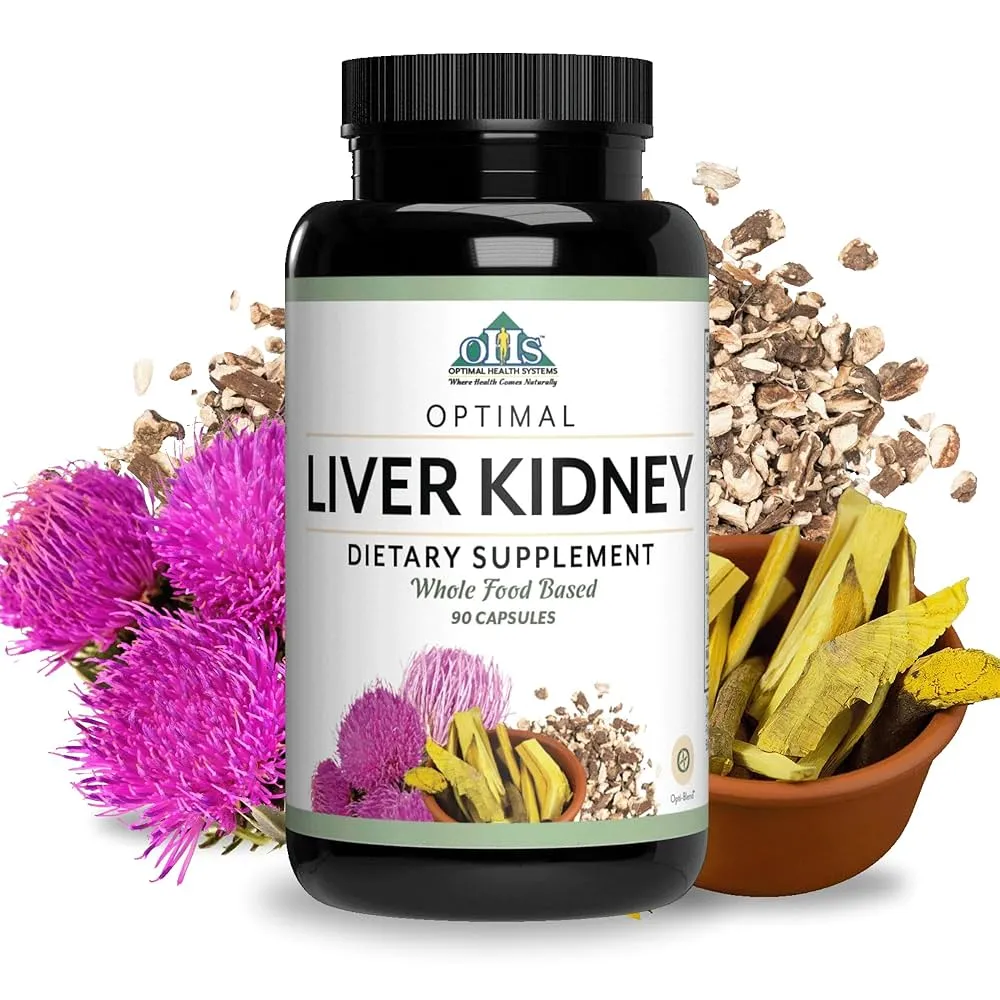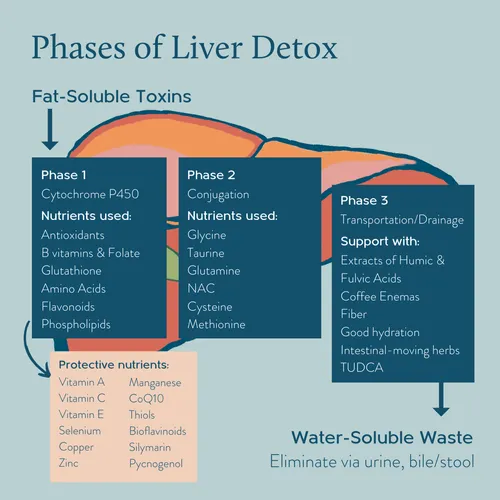The liver is one of the most important organs in the human body, responsible for a wide range of functions that are vital for overall health and wellbeing. From detoxifying harmful substances to metabolizing nutrients and producing essential proteins, the liver plays a crucial role in maintaining optimal health. However, many people do not realize the importance of supporting their liver and taking steps to keep it healthy. In this article, we will discuss how to support your liver for optimal health, including dietary and lifestyle changes that can help improve liver function. We will also address common questions and concerns about liver health in the FAQs section at the end.
1. Eat a Healthy Diet: One of the most important ways to support your liver is to eat a healthy diet that is rich in nutrients and low in processed foods and added sugars. Include plenty of fruits and vegetables, whole grains, lean proteins, and healthy fats in your diet to provide your liver with the nutrients it needs to function properly. Avoid excessive consumption of alcohol, saturated fats, and sugary drinks, as these can put a strain on the liver and lead to liver damage over time.
2. Stay Hydrated: Drinking plenty of water is essential for liver health, as it helps to flush out toxins and waste products from the body. Aim to drink at least 8-10 glasses of water per day to support optimal liver function and overall health.
3. Exercise Regularly: Regular exercise is important for maintaining a healthy liver, as it helps to improve circulation and promote the efficient elimination of toxins from the body. Aim to engage in at least 30 minutes of moderate-intensity exercise most days of the week to support liver health.
4. Limit Alcohol Consumption: Excessive alcohol consumption can lead to liver damage and increase the risk of liver disease. If you choose to drink alcohol, do so in moderation and avoid binge drinking to protect your liver health.
5. Avoid Toxins: Limit your exposure to environmental toxins and chemicals that can harm the liver, such as pesticides, household cleaners, and industrial pollutants. Use natural and organic products whenever possible to reduce your risk of liver damage.
6. Maintain a Healthy Weight: Being overweight or obese can increase the risk of fatty liver disease and other liver conditions. Aim to maintain a healthy weight through a balanced diet and regular exercise to support optimal liver function.
7. Get Regular Check-ups: It is important to see your healthcare provider regularly for check-ups and screenings to monitor your liver health and detect any potential issues early. Blood tests and imaging studies can help assess liver function and detect liver disease in its early stages.
8. Consider Liver-Healthy Supplements: Certain supplements may help support liver health, such as milk thistle, turmeric, and N-acetyl cysteine. Talk to your healthcare provider before taking any supplements to ensure they are safe and appropriate for you.
9. Manage Stress: Chronic stress can have a negative impact on liver health and overall wellbeing. Practice stress-reducing techniques such as mindfulness, meditation, yoga, or deep breathing exercises to support optimal liver function.
10. Avoid Smoking: Smoking is a leading cause of liver cancer and can have a detrimental effect on liver health. If you smoke, consider quitting to reduce your risk of liver disease and other health complications.
Frequently Asked Questions about Liver Health:
Q: What are the signs of liver damage?
A: Symptoms of liver damage may include fatigue, jaundice (yellowing of the skin and eyes), abdominal pain, swelling in the abdomen, nausea, vomiting, and dark urine. However, liver damage may not always cause symptoms in the early stages, so it is important to see your healthcare provider for regular check-ups and screenings.
Q: Can liver damage be reversed?
A: In some cases, liver damage can be reversed with lifestyle changes such as a healthy diet, regular exercise, and avoiding alcohol and toxins. However, severe liver damage may require medical intervention or a liver transplant to restore liver function.
Q: What is fatty liver disease?
A: Fatty liver disease is a condition in which excess fat accumulates in the liver, leading to inflammation and liver damage. It can be caused by obesity, diabetes, high cholesterol, and excessive alcohol consumption. Fatty liver disease can progress to more serious conditions such as liver fibrosis, cirrhosis, and liver cancer if left untreated.
Q: How can I prevent liver disease?
A: You can prevent liver disease by adopting a healthy lifestyle that includes a balanced diet, regular exercise, limited alcohol consumption, avoiding smoking, and managing stress. It is also important to get regular check-ups and screenings to monitor liver health and detect any potential issues early.
Q: Are there any natural remedies for liver health?
A: Certain herbs and supplements such as milk thistle, turmeric, and N-acetyl cysteine have been shown to support liver health and protect against liver damage. However, it is important to talk to your healthcare provider before taking any supplements to ensure they are safe and appropriate for you.
In conclusion, supporting your liver for optimal health is essential for overall wellbeing and longevity. By making simple lifestyle changes such as eating a healthy diet, exercising regularly, limiting alcohol consumption, avoiding toxins, and managing stress, you can protect your liver and reduce your risk of liver disease. Remember to see your healthcare provider regularly for check-ups and screenings to monitor liver health and address any potential issues early. By taking care of your liver, you are taking care of your overall health and wellbeing.


